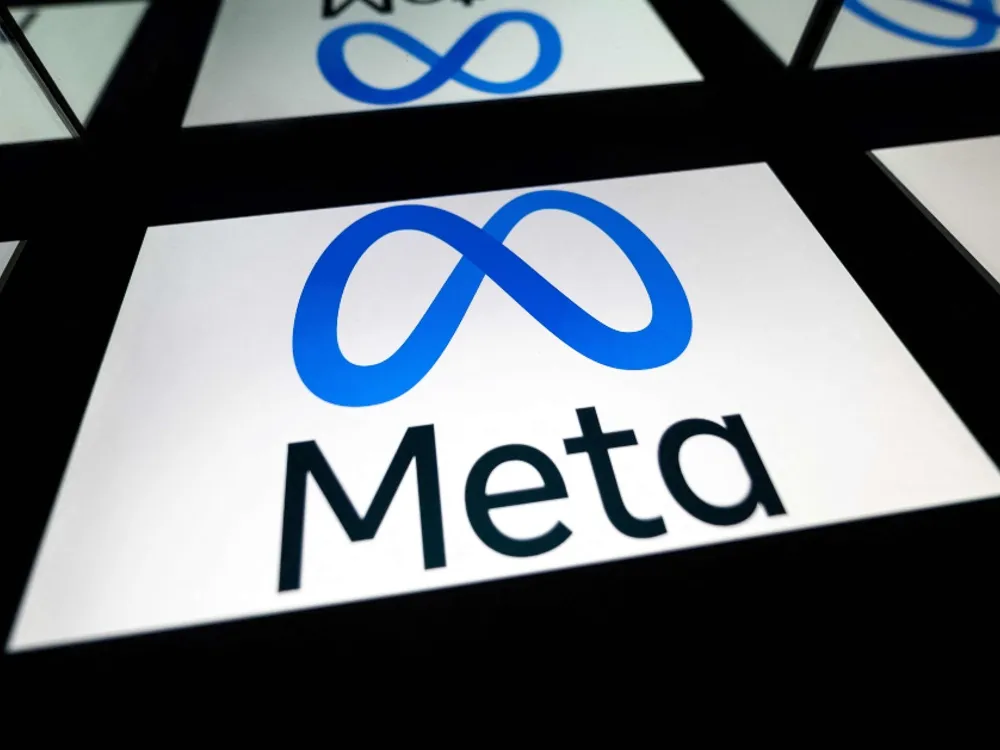The end of clickbait?
National Post, 24 September 2023
While many wring their hands over misinformation or disinformation, perhaps the greater danger is no information.
Does Canada’s future have room for the Canada Future Party? Never heard of it? It’s brand new this week. It’s a federal political party, not an investment fund or exchange program for bright high school students, as its name would suggest.
The CFP, not to be confused with the old CCF or the new CPC, or for that matter the even newer PPC, aims to attract voters who are looking for something to the right of the Liberals and left of the Conservatives.
The interim leader of the party is Dominic Cardy of New Brunswick, who said that the Grits and Tories are “letting our politics be dominated by people who are unable to present any sort of plans for our country’s future and are mainly engaged in online clickbaiting.”
That last bit is intriguing. It suggests that the major parties are neglecting the significant audience in Canada for non “clickbait” news. It suggests that there is a significant audience for news, period. And we are now in the midst of a significant experiment to see if that’s true.
This summer the Online News Act (Bill C-18) was passed, mandating that big tech firms like Meta (Facebook, Instagram, Threads) and Google share their advertising revenue with the media companies whose stories they link to. The government argues that Big Tech is attracting customers in part by providing links to news generated by others — Postmedia included. The newspapers, for example, have the cost of production but Big Tech gets as much as 90 per cent of the advertising revenue. Big Tech argues the reverse; they are driving enormous traffic to the news sites — providing potential customers — but they don’t really need to do that. They don’t need news, or, at least Canadian news.
So Meta stopped linking to Canadian news when C-18 passed. Google is waiting for the final regulations to come into force, but currently intends to do the same.
In response, the federal government suspended buying ads on Facebook, complaining vociferously against what they called an affront to Canada’s democratic culture. The Liberal Party felt differently, as they continued to buy ads. The prime minister, for his part, chose Instagram, not a Canadian media outlet, to announce that he was separating from his wife.
So the Canada Future Party believes that there may be a way to reach Canadians aside from online “clickbait” — which in the tabloid days just used to be called headlines — but here-and-now the same Liberals leading the charge against Big Tech buy their services for their own electoral or marital issues.
Leave the Liberal choices aside. What if Big Tech is right, that from a commercial perspective, news is not necessary? Might Canadians not notice, or not even care, if they their social media and search engines did not link to Canadian news? Might they even prefer it? We don’t know the answers yet, but the ultimatum of C-18 to Big Tech — pay up or get out of Canadian news — is going to get us answers fast.
Which raises a larger question: What if large numbers of people prefer not to watch news at all? The old model ensured a minimal level of passive newswatching. If the television was on at suppertime, there was a choice of this news or that news, but not no news. If a teenage boy wanted to read the hockey scores, they came packaged inside news of the federal budget and a feature on the centennial celebrations for the birth of Konrad Adenauer.
That is all gone. Suppertime from here to eternity can be accompanied by binge-watching the latest on Netflix — or even watching Seinfeld reruns ad nauseam. The sports news comes with a side of more sports news, all wrapped up with so many people talking about sports that the actual sports are secondary even on the sports channels.
Continue reading at the National Post.
